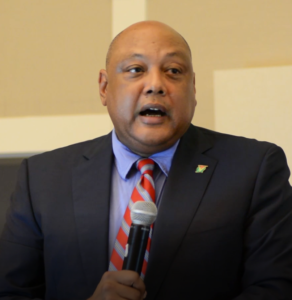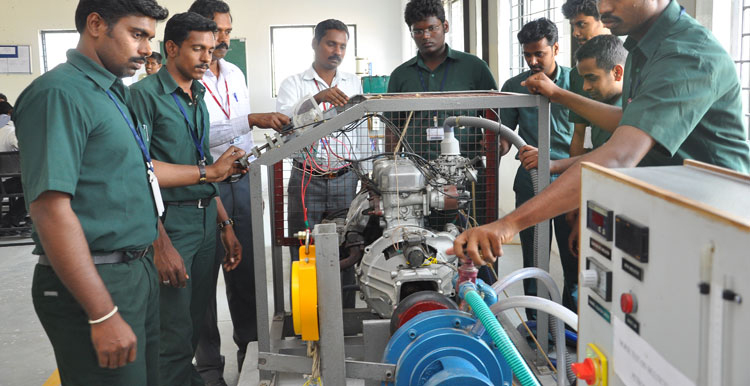Major plans are being put in place in preparation for oil production in the South American nation of Guyana where recent large discoveries of high quality crude were made 120 miles offshore. The country’s natural resources minister, Raphael Trotman, says a national oil company will be developed in 2018 and a petroleum institute will be established by 2020.
Multiple regulations are being drafted and proposed amendments to existing laws are being written and studied as the Guyana government gears up for the beginning of a journey that could transform the nation and deliver prosperity to its small population of just over 750,000.

Speaking in March at an oil and gas lecture in the country’s capital, Georgetown, Mr. Trotman said government has completed a raft of legislative and policy drafts and updates. These include the updating of Guyana’s National Upstream Petroleum Sector Policy, creating a Guyana National Local Content Policy, revision of model production share agreements, updating of the 1986 Petroleum Exploration and Production legislation, and fashioning of a draft Sovereign Wealth Fund Bill. Petroleum taxation fiscal rules and regulations have also been drafted and the consultation process for the Petroleum Commission of Guyana completed.
“We are working towards establishing a petroleum scientific institute by 2020 and having a national oil company by 2018…We propose at this same time to engage the industry and civil society organisations to examine the means through which we can create a more inclusive platform for the exchange of views and ideas,” he told those gathered for the lecture at the Guyana Marriott Hotel.
The early establishment of a national oil company has been proposed by experts in the field with former Trinidadian Minister of Energy, Kevin Ramnarine urging that such an entity be insulated from political interference. Underscoring the importance of such a move, Mr. Ramnarine, while delivering a speech in Georgetown back in January said, “This company’s board and management must be insulated from politics as is the case with Statoil (Norway) because if it is not, you will get a call to hire somebody’s nephew.” This, he said, would not be unique to Guyana since he has experienced this in Trinidad and Tobago and heard about such stories elsewhere.
The work being undertaken by the Guyana government, as outlined by the natural resources minister, bodes well for the country’s emerging oil and gas industry. But with first oil production less than 4 years away, Guyana’s journey has only just begun.



